
- Article
- Article
The meanings of hurt
In the early modern period, gruesome incidents of self-castration and other types of self-injury garnished the literature of the time. Alanna Skuse explores the messages these wounds conveyed.

- Article
- Article
Sex work and critical campaigners
When campaigners filmed secretly in the club where she worked, exotic dancer Ella Smith felt frightened and degraded. Here she speaks out about the attack on her livelihood.
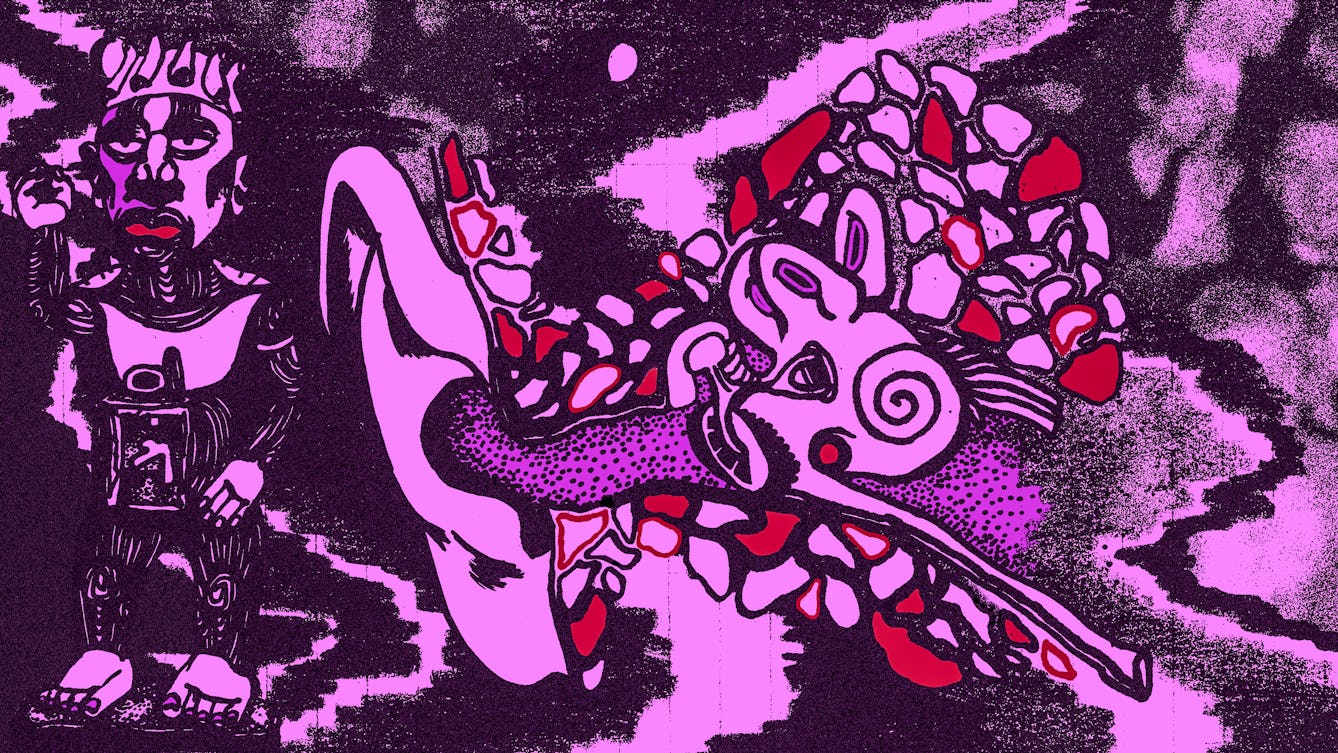
- Article
- Article
Cracks that let the light in
Rai Waddingham lives with voices other people cannot hear. Here she describes how she has come to accept, understand and calm her voices, and to acknowledge her strength.
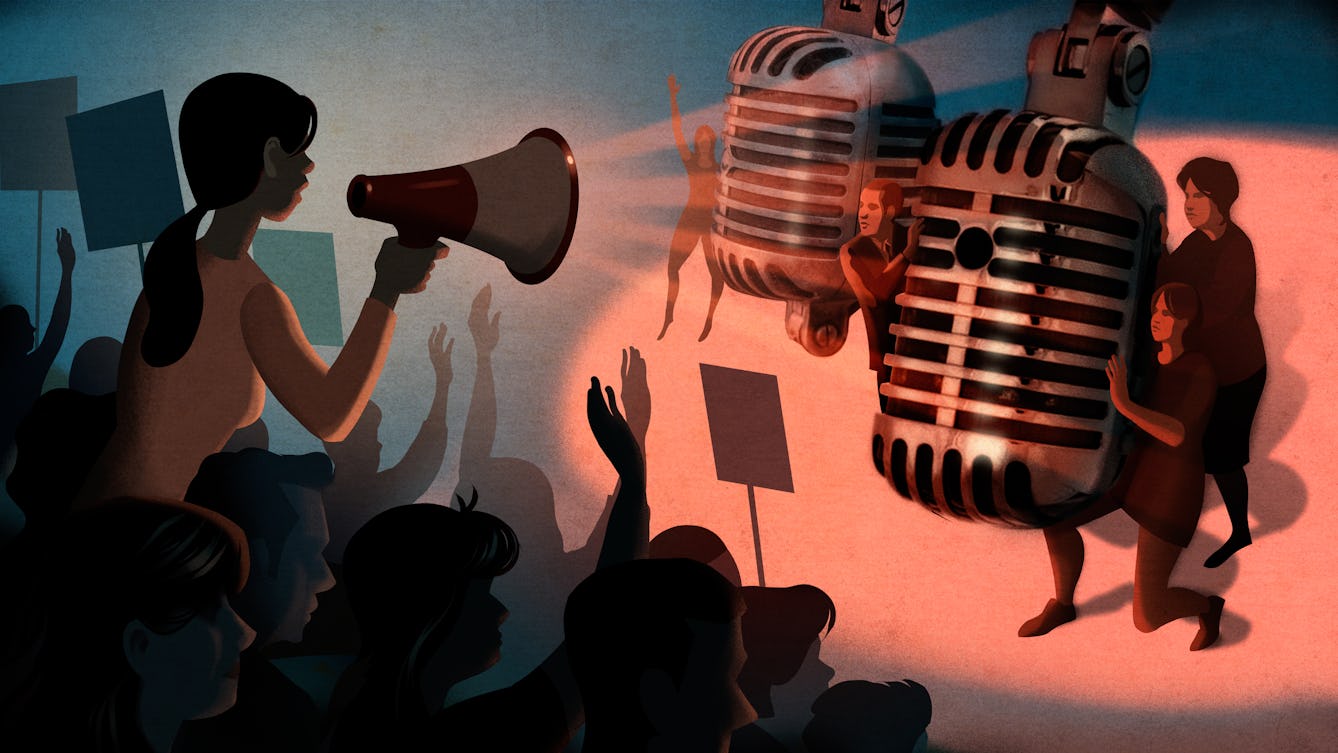
- Article
- Article
Fighting shame by speaking out
Lucia Osborne-Crowley’s first instinct after being raped was to cover it up. Shame silenced her for ten years, but #MeToo gave her the courage to speak out.

- Article
- Article
Shame and the online free-for-all
Lucia Osborne-Crowley looks at how shame manifests online, where public humiliation is common and second chances all too rare.

- Book extract
- Book extract
“I’ve never talked to anybody about this before”
Douglas is furious. He’s at crisis point and needs help. Read the first of his two sessions with psychoanalyst Susie Orbach.
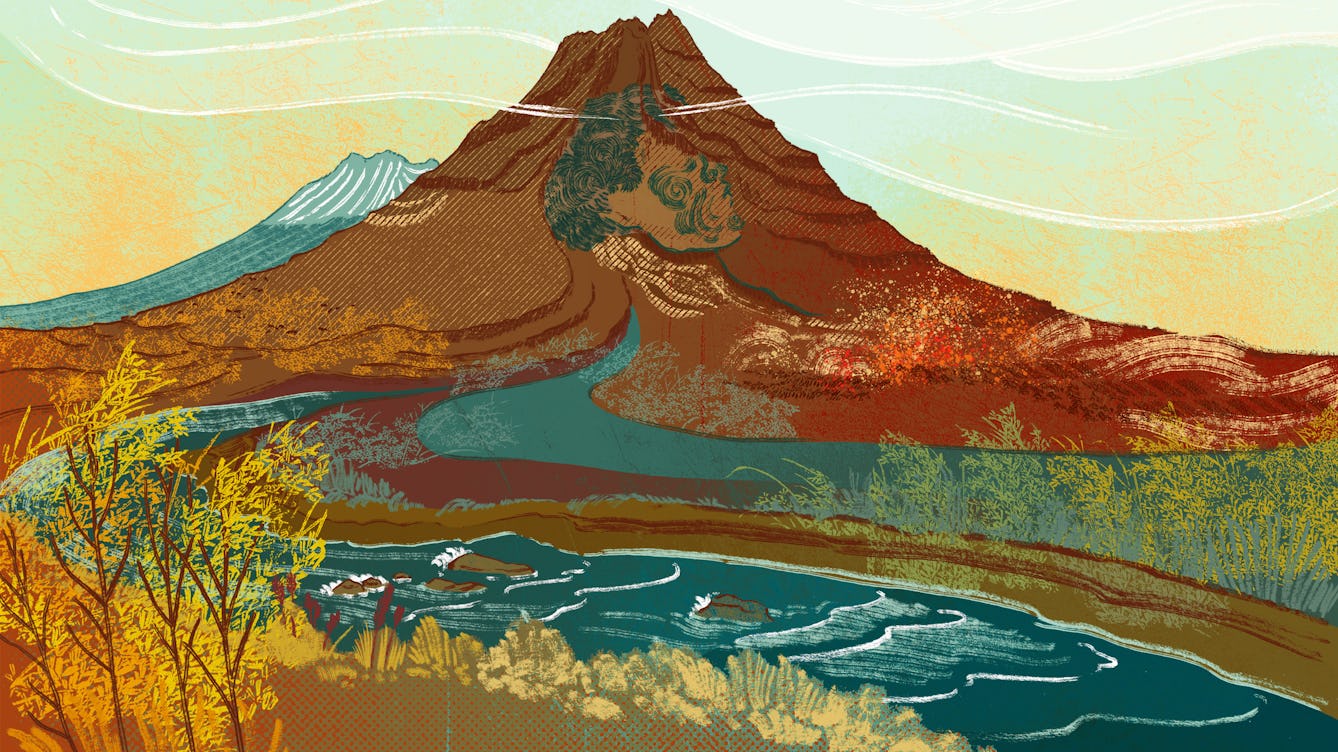
- Article
- Article
The white tears of Taranaki
Taranaki in Aotearoa, New Zealand, is home to the world’s largest dairy factory. Sarah Hopkinson questions the price paid by an area dominated by monoculture.
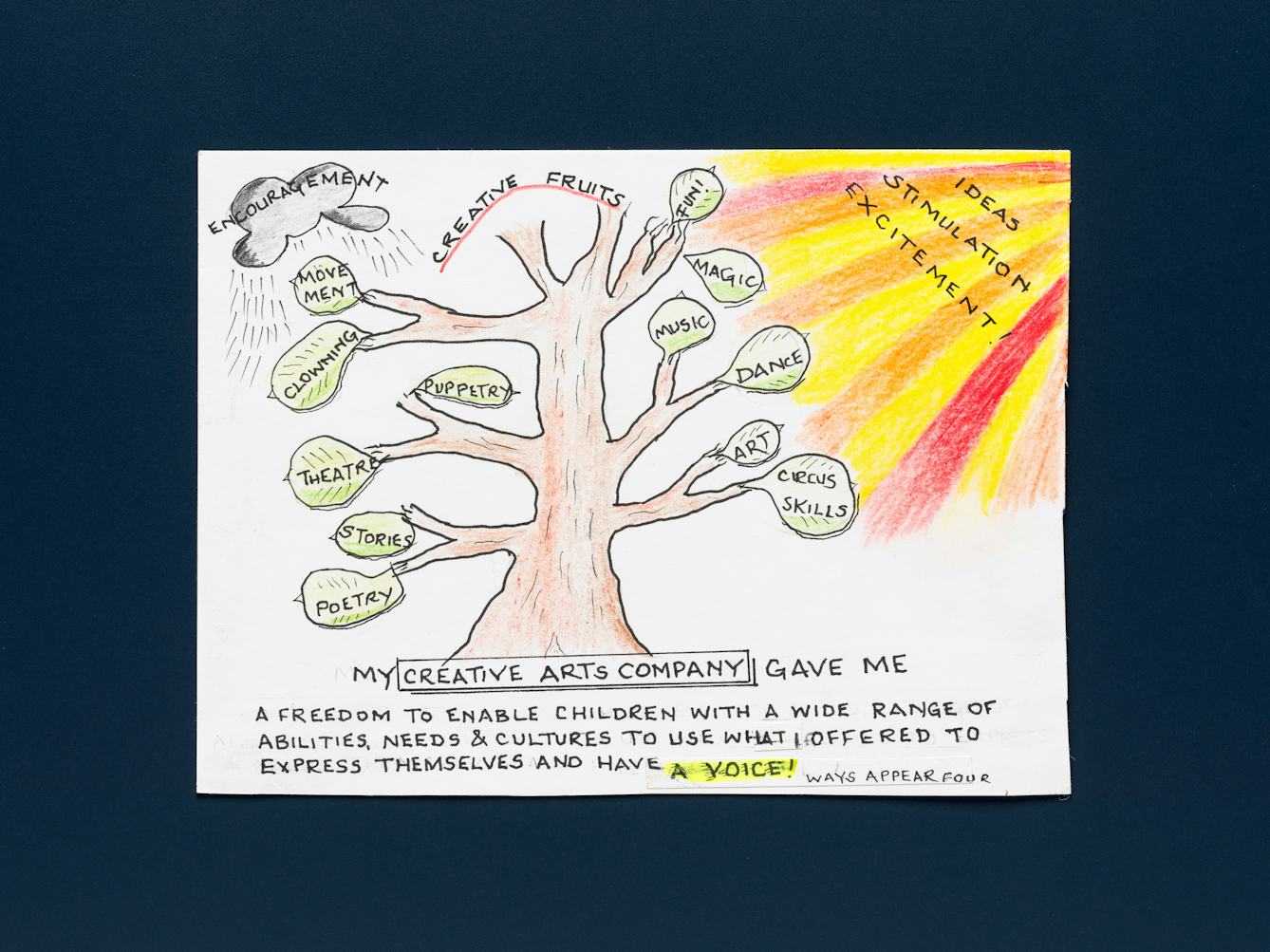
- Article
- Article
Ways appear
While his sense of body shame meant the personal side of his life was unfulfilled, Chris’s career was rewarding. His own childhood experiences gave him profound empathy for the children he worked with.
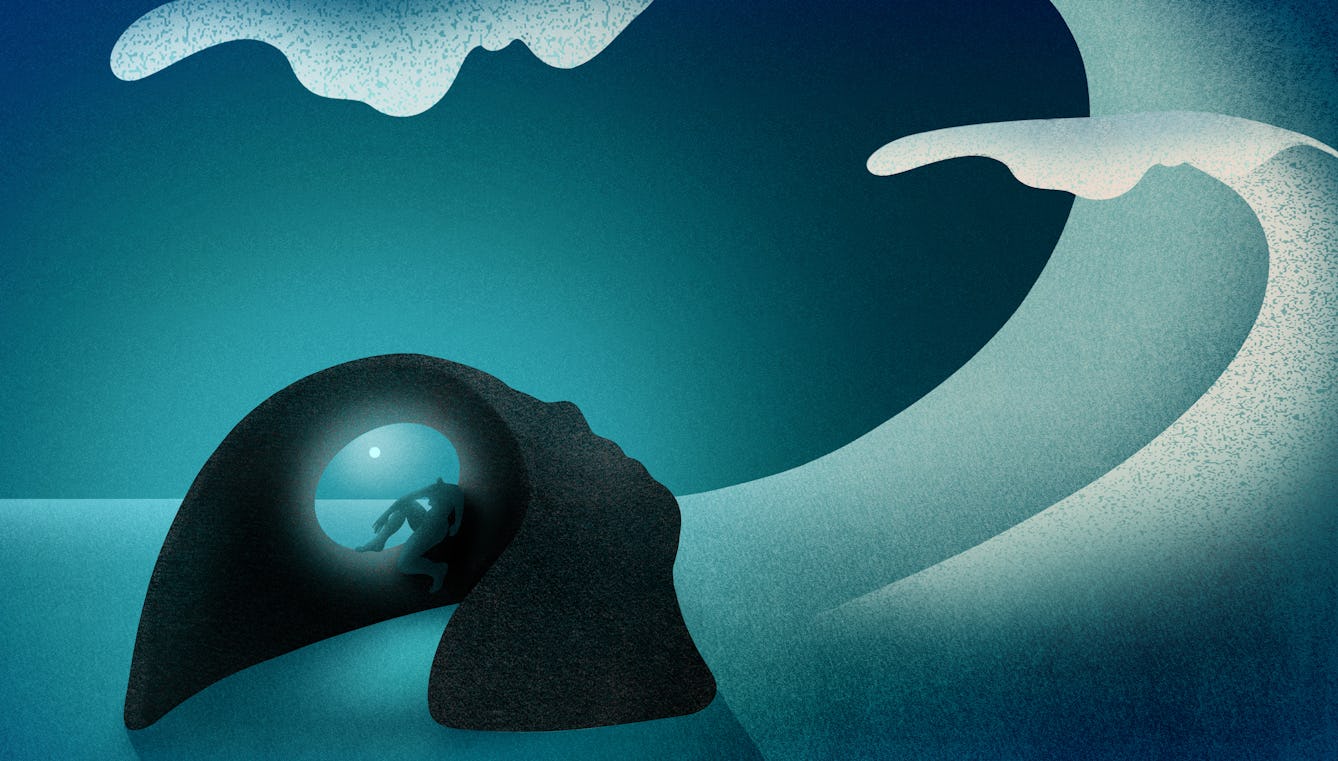
- Article
- Article
Autism assessments and me
When, as an adult, Mayanne Soret decided to get a formal diagnosis of her autism, she found that the series of assessments had a dishearteningly negative focus, seeming to frame her as a problem.

- Article
- Article
Notes on need
Writing about bodies, and hearing the stories of others’ bodies, Johanna Hedva also heard, over and over, how people blame themselves – and are encouraged to do this – for illness and disability.
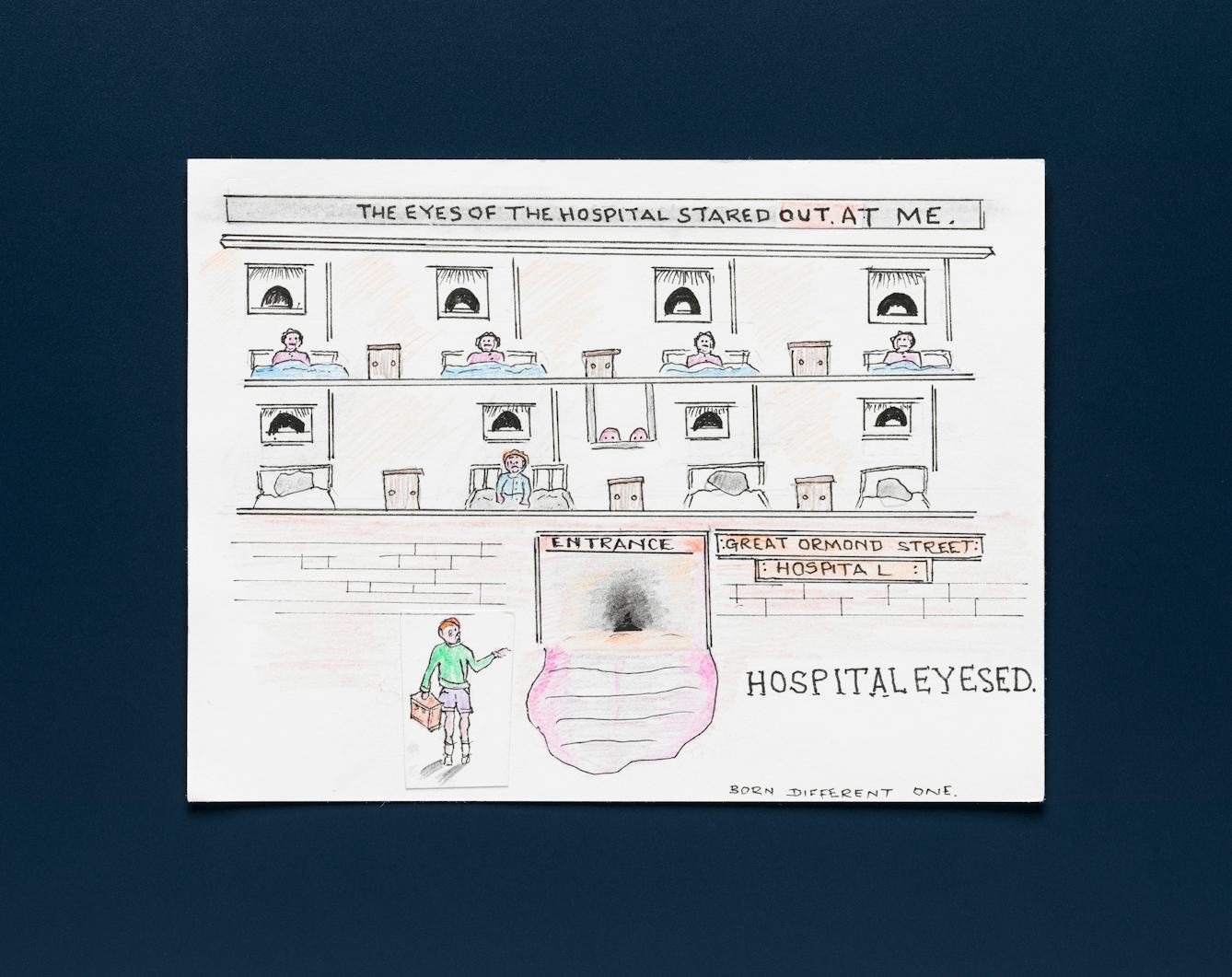
- Article
- Article
Born different
For Chris North, being born intersex in the 1940s meant his many childhood hospital visits, tests and operations were not explained or discussed. As he reveals, doctors encouraged strict secrecy.
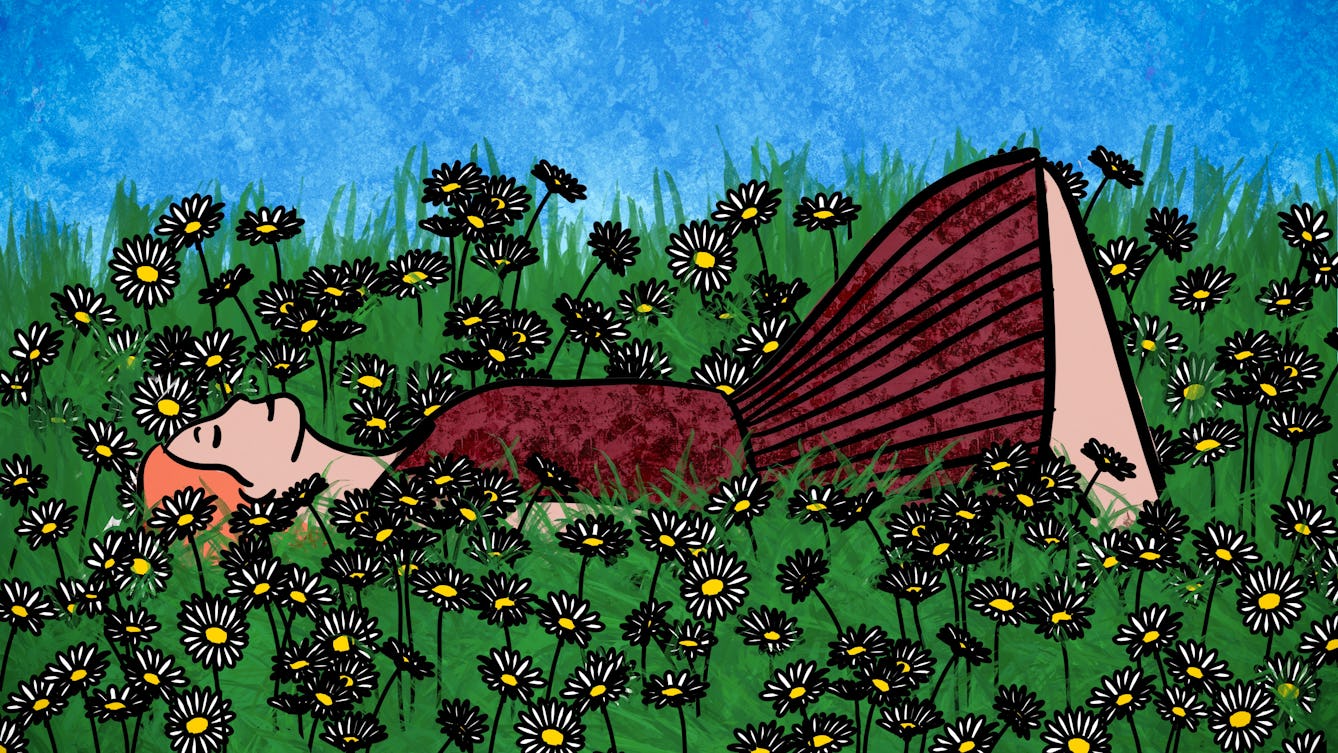
- Article
- Article
Spiritual joy
Spiritual joy can be a source of strength. Like the optimistic Pollyanna, there’s a lot to be said for finding reasons to rejoice, even in adversity.

- Article
- Article
Shame’s long shadow
What is shame and why is it so powerful? A violent sexual assault left Lucia Osborne-Crowley suffocated with shame, but she’s now determined to understand how this overwhelming emotion works.

- Article
- Article
Why zombies can’t help coming back
Although it might appear that zombies are a 20th-century phenomenon, created for the horror-movie industry, they’ve actually been around since medieval times. Find out what zombies like to do, and how to get rid of them.
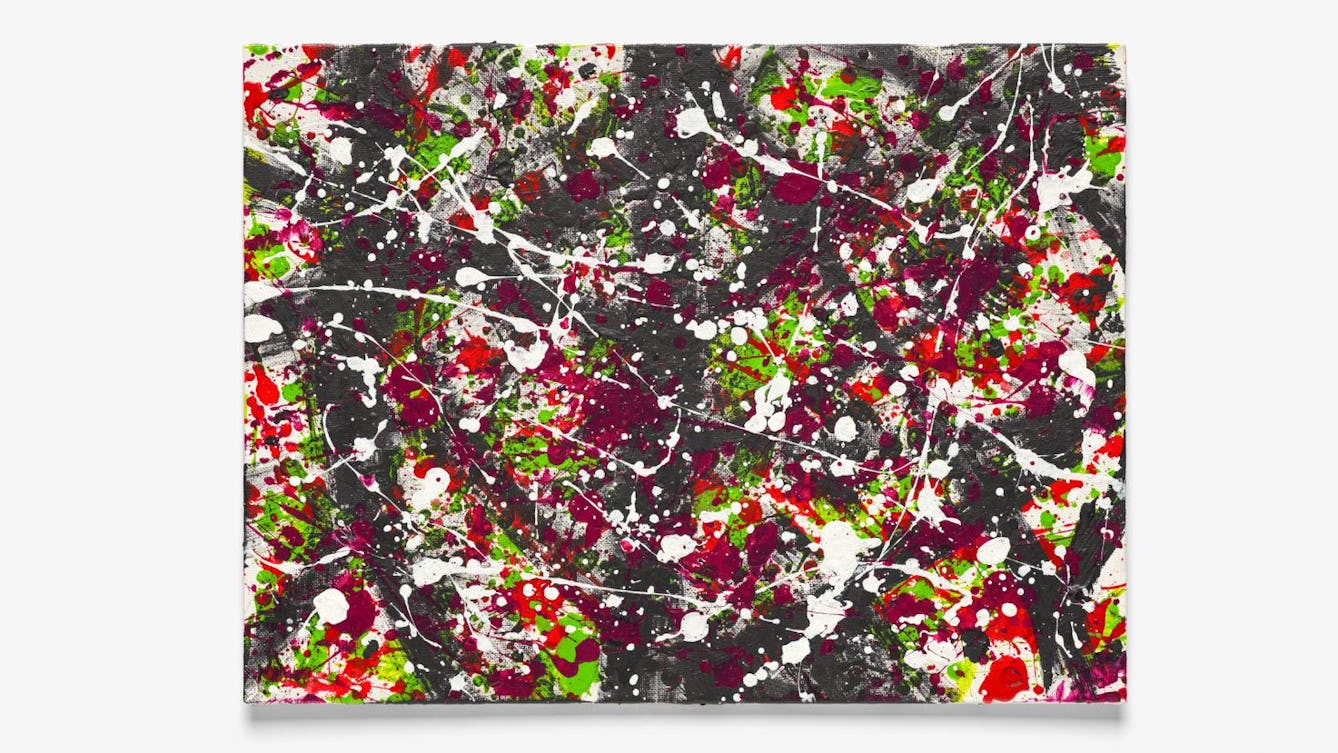
- Article
- Article
Writing back to authority
As she cuts up old doctors’ letters and uses them to compose absurd poems, Caroline Butterwick reflects on the catharsis of creation and proposes writing as a way to take back control.
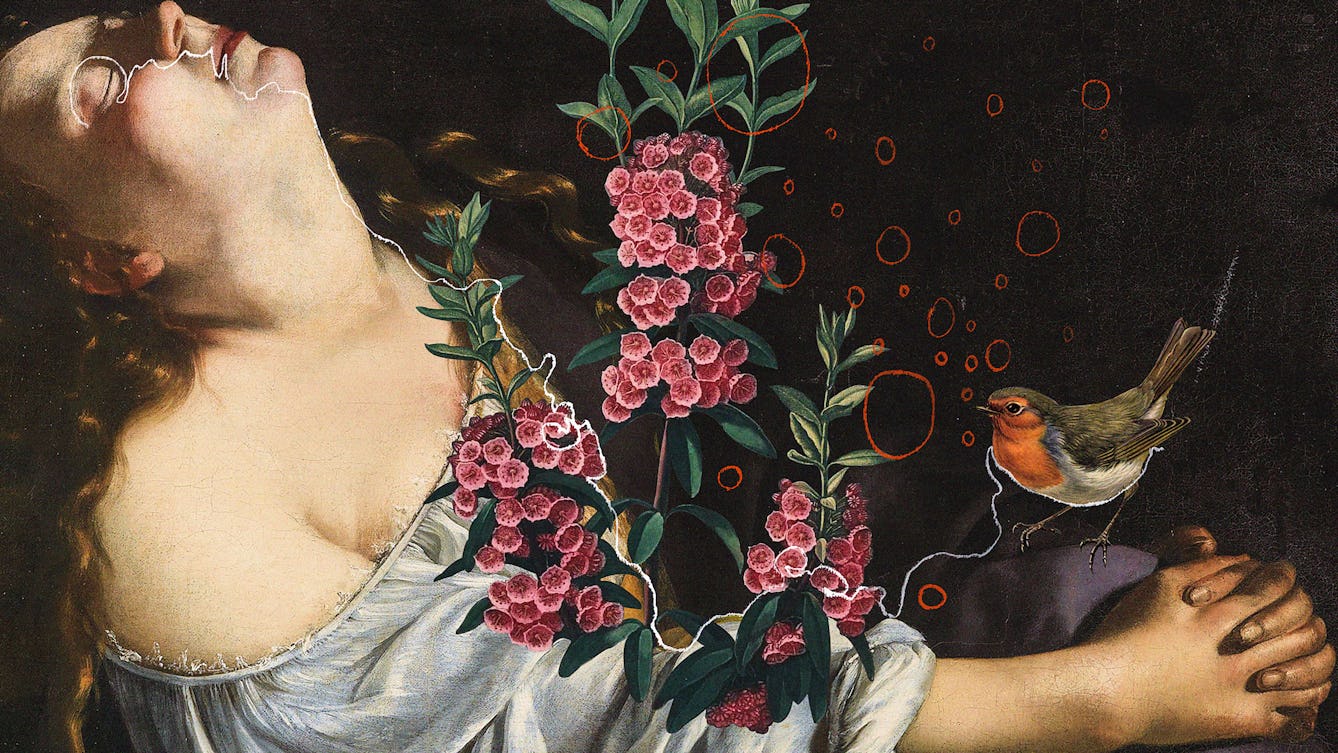
- Book extract
- Book extract
Dangers inside and out
Eimear McBride reflects on the deadly consequences of misogyny in the wake of the murder of Sarah Everard and argues why advising women to simply “stay indoors” is wrong.
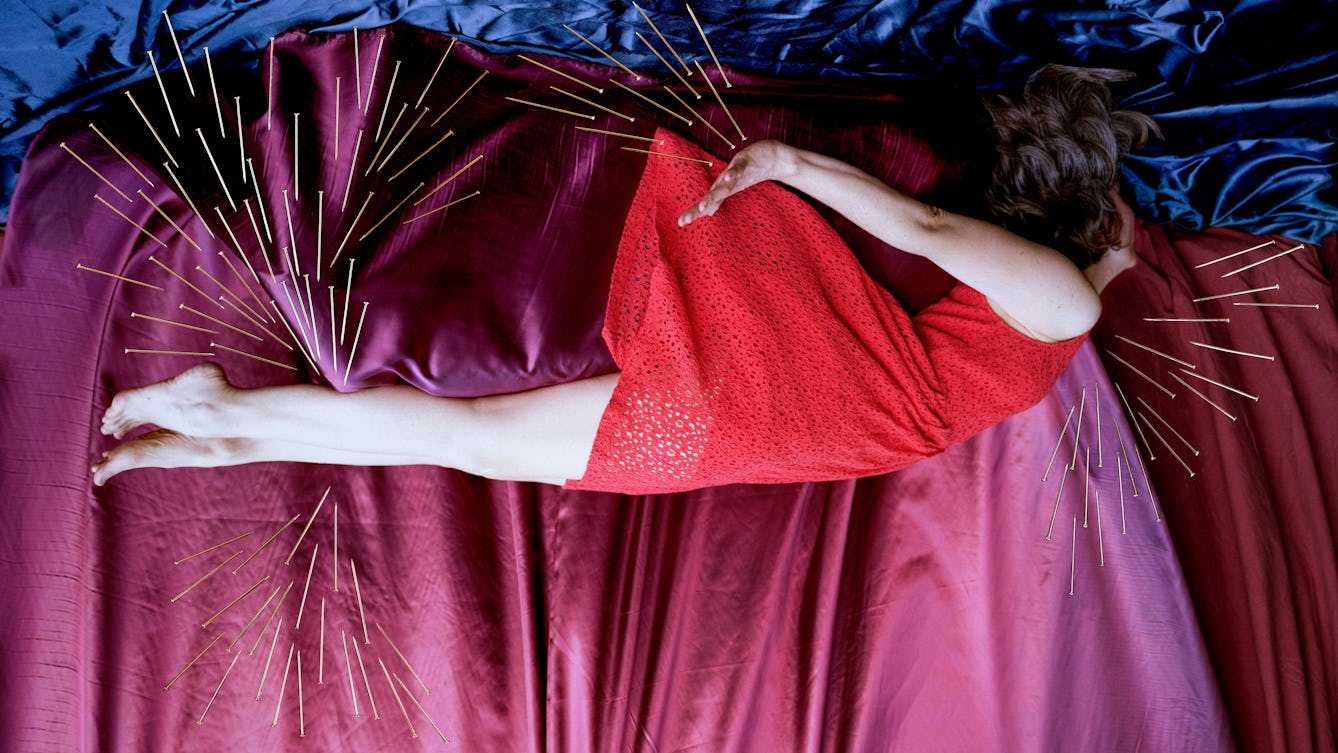
- Article
- Article
Where does violence come from?
The popular understanding of certain ideas in psychology have become so embedded that it’s easy to blame the parents when a young person commits a crime. Laura Bui looks to the past for evidence.
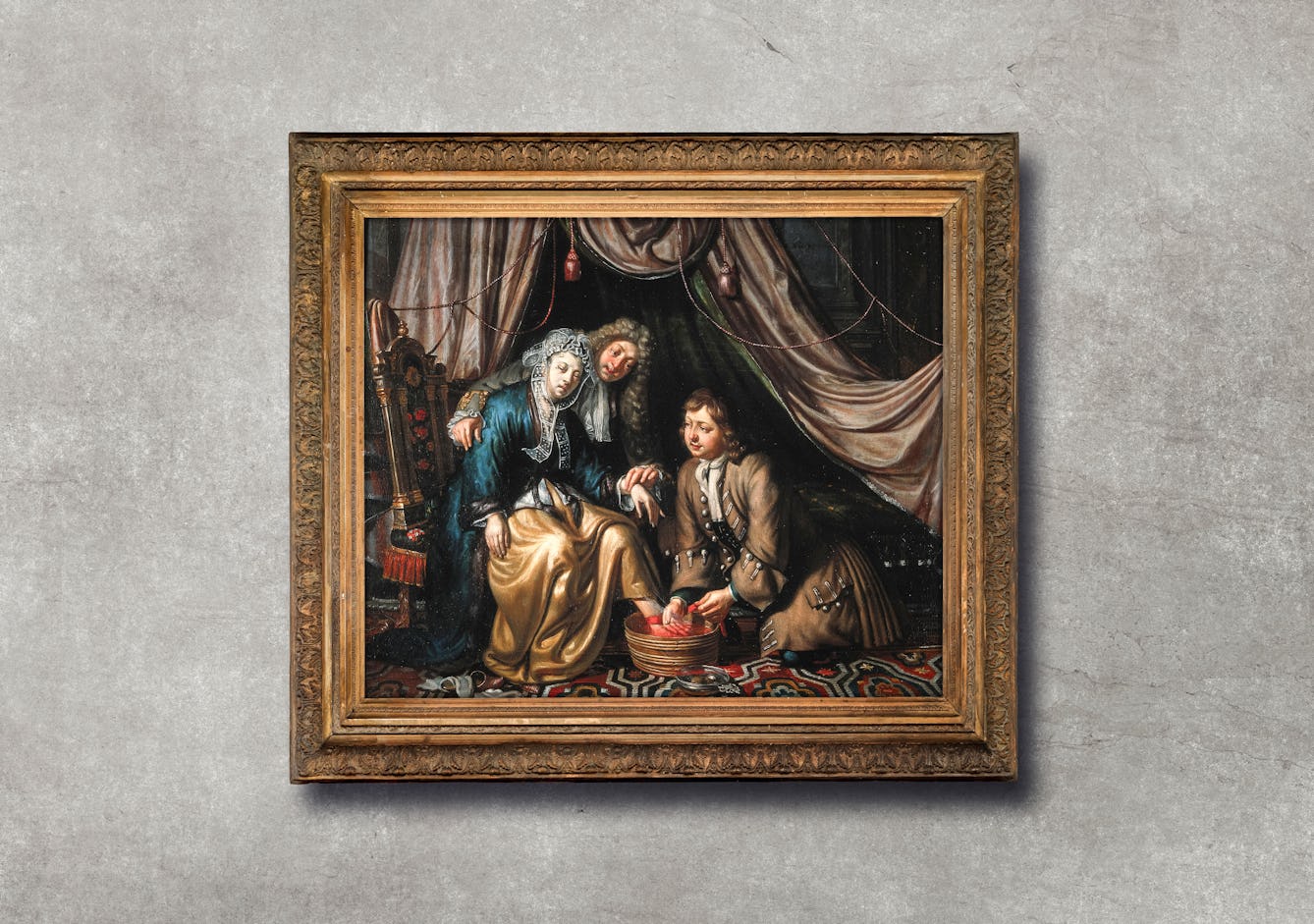
- Article
- Article
Bleeding healthy
For thousands of years, and in many different cultures, people have practised bloodletting for health and medical reasons. Julia Nurse explains where and when bleeding was used, how it was done, and why.
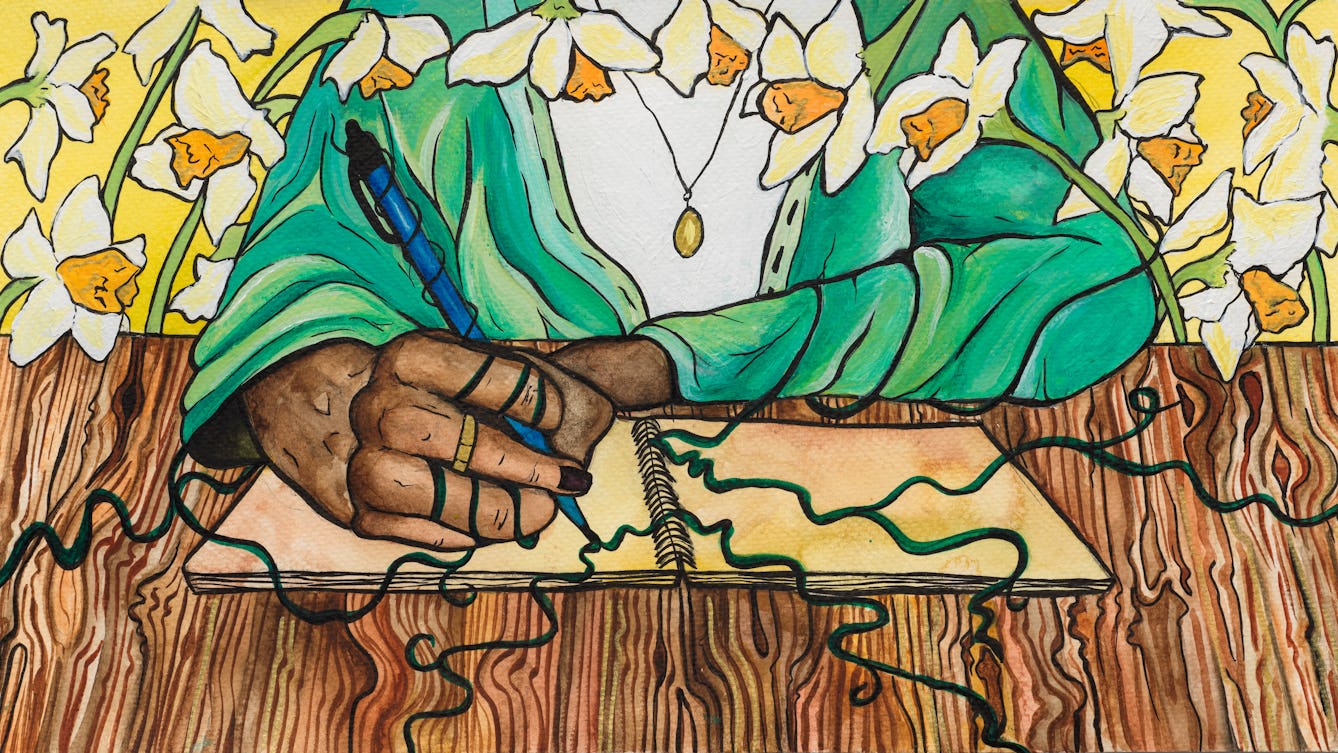
- Article
- Article
Appointments with plants
In our ‘always on’ culture, poet Elizabeth-Jane Burnett find a route away from screens – by following the ways of the trees and plants outside.
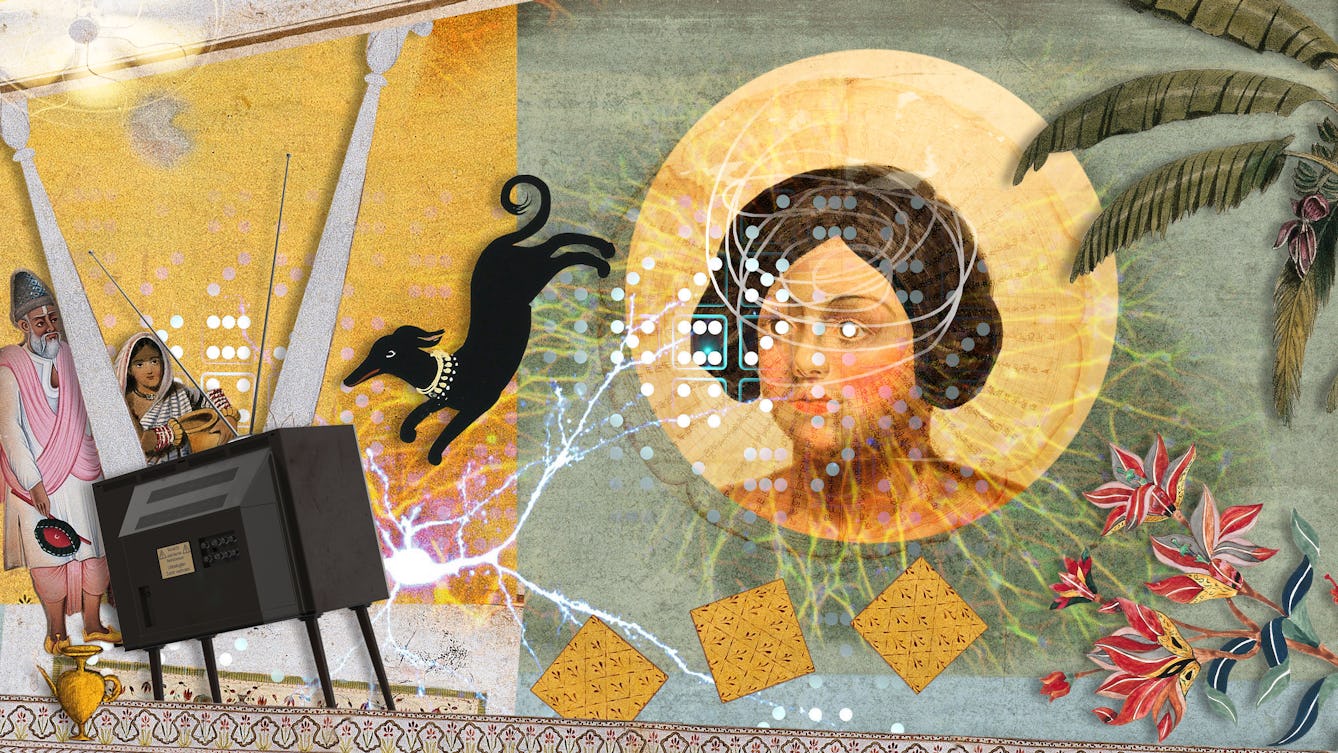
- Article
- Article
The first seizure
Historian Aparna Nair had her first seizure when she was 11. Here she recalls that first time, and how other people’s reactions are sometimes the most disturbing part about having a seizure.

- Article
- Article
When ‘get well soon’ doesn’t cut it
When loved ones are seriously ill, we can hide behind dishonest platitudes or struggle to find the words. Meet the woman working to fix how we speak to sick people.
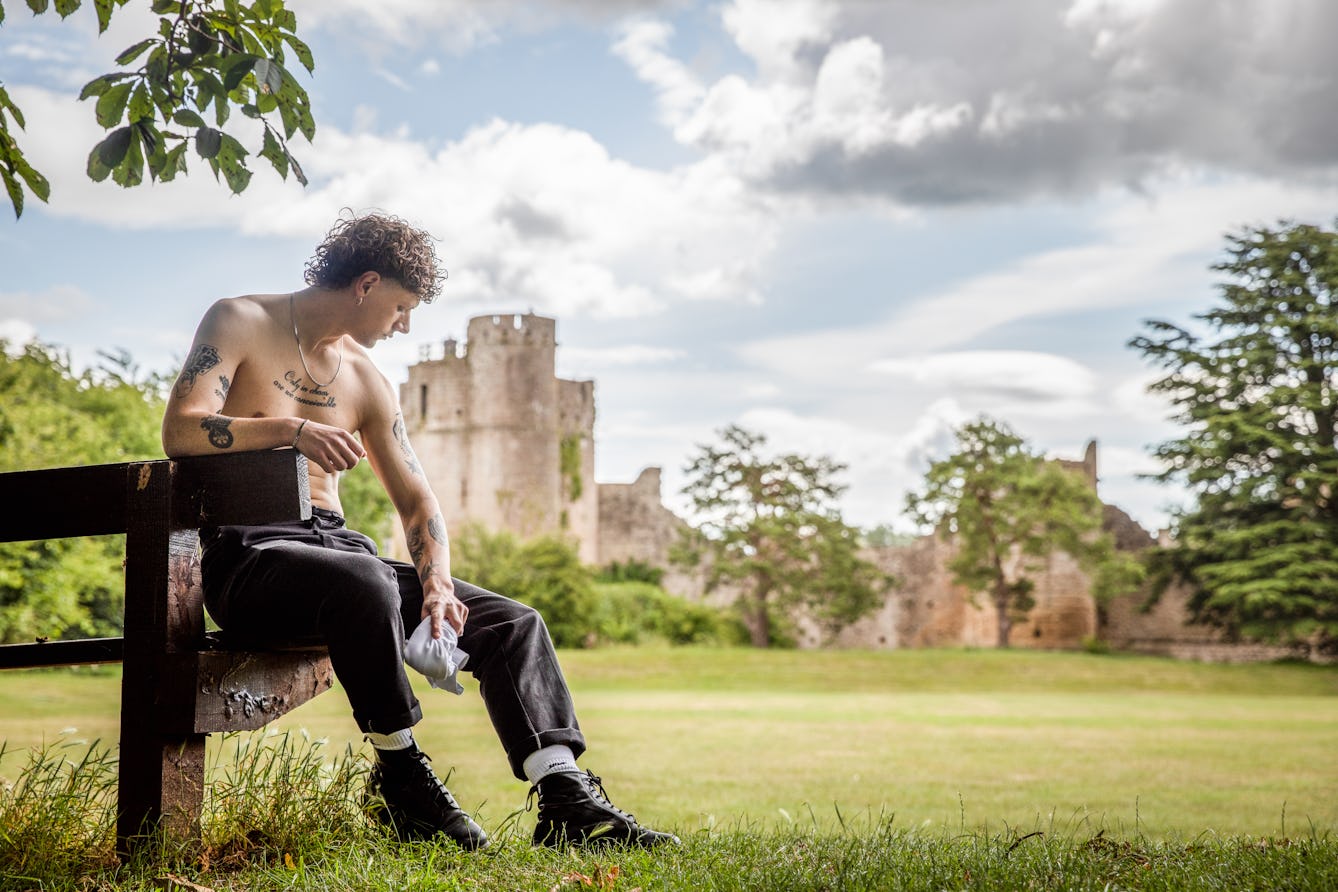
- Article
- Article
Healing through ink
Taking an approach learned from his OCD treatment, Josh Weeks faced his fear of getting tattoos, and embraced inking as part of the healing process.
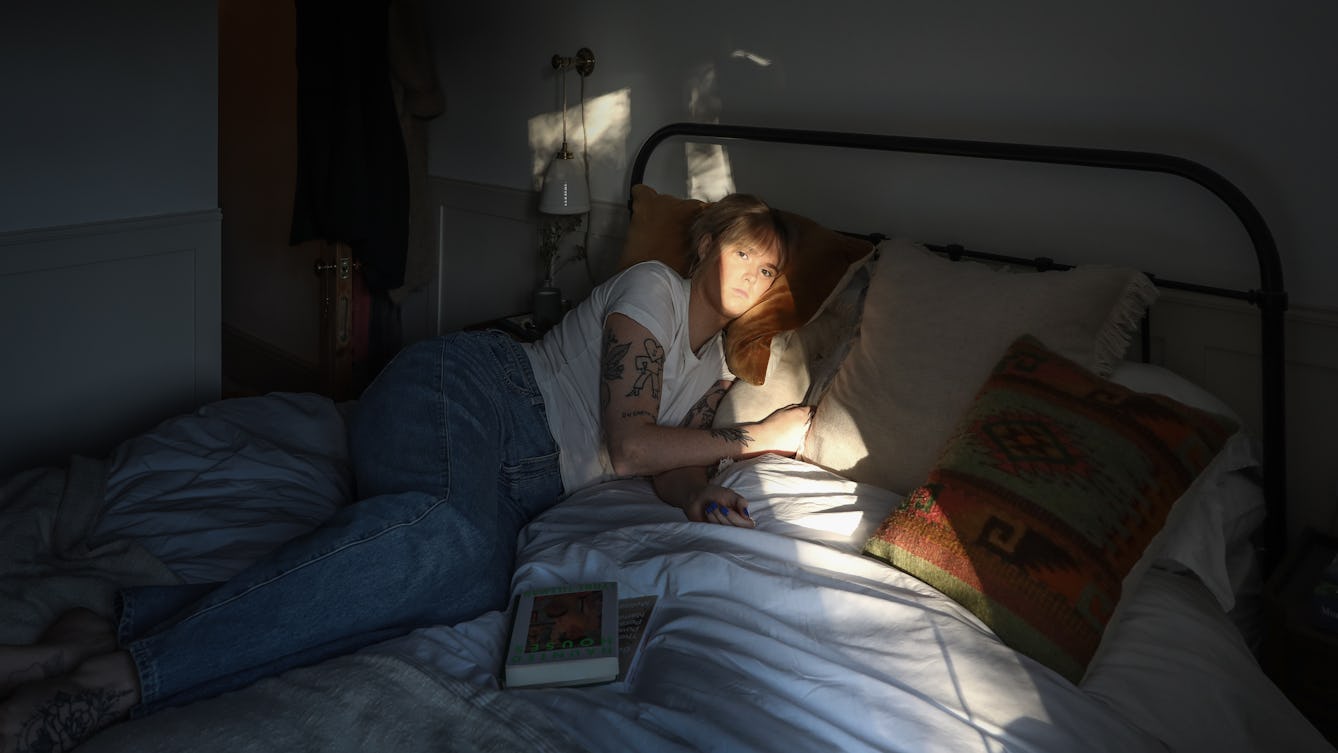
- Article
- Article
Living with invisible illness
What happens when the signs of your illness are invisible to the rest of the world? Hannah Turner describes the daily struggles of living with invisible illness.
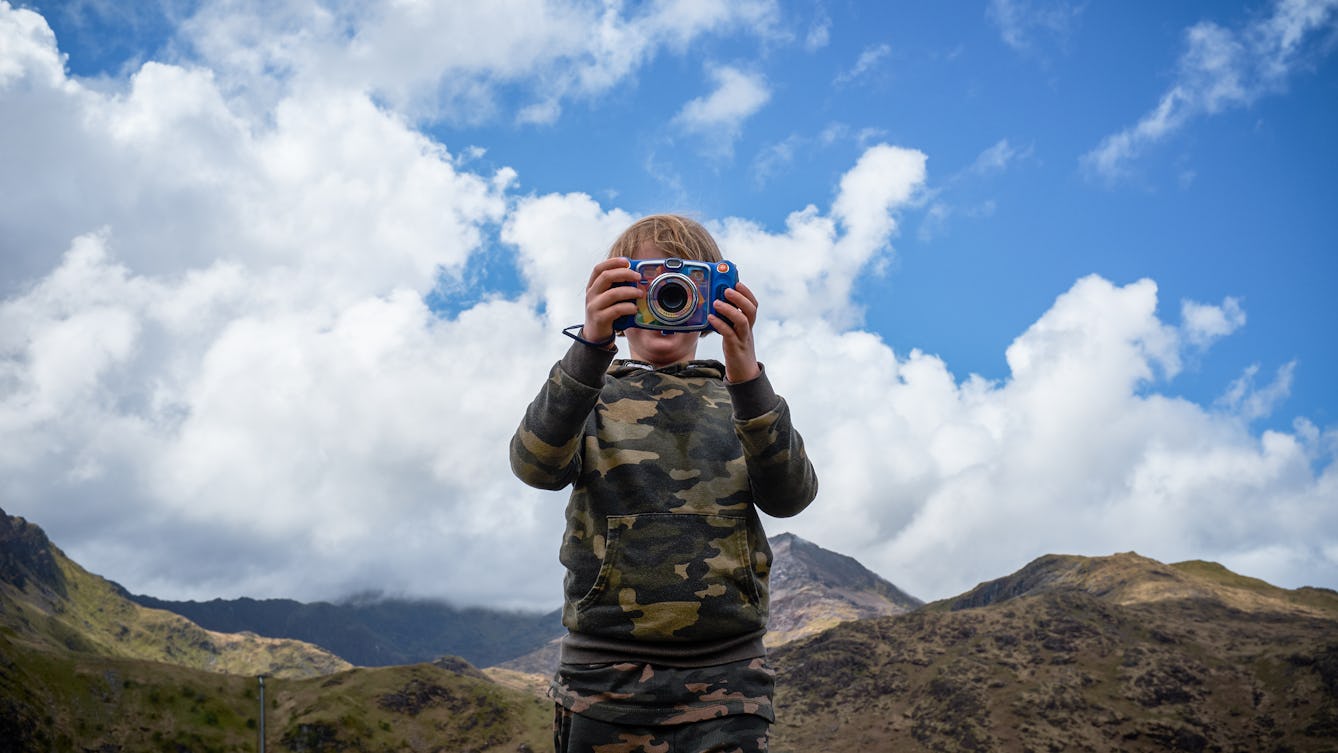
- Article
- Article
Nurturing my autistic, gender-questioning child
As mother of an autistic child who questions her gender, Jude Lax describes cherishing her growing daughter as she explores her identity.
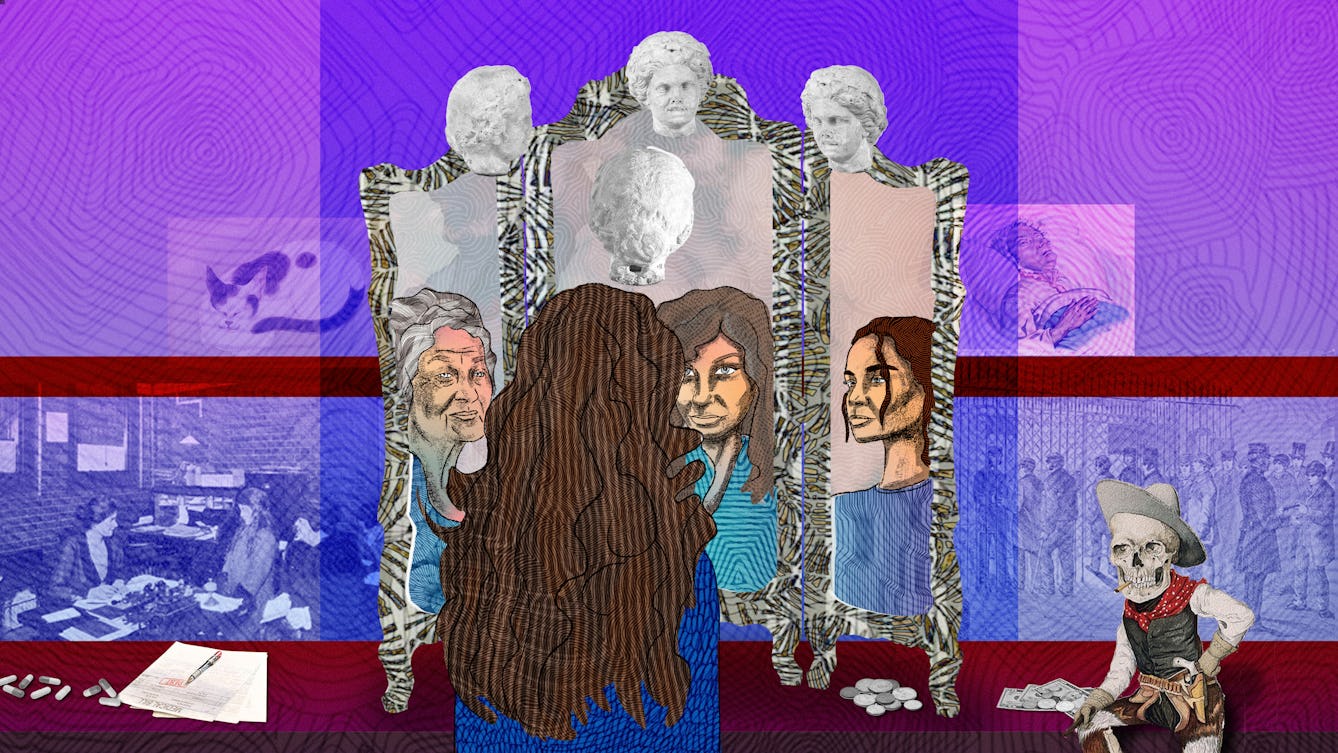
- Article
- Article
We who can’t believe
Unless she falls to the floor unconscious, Anne Boyer has always ignored signs of illness. Cancer, however, made her face her fallibility.